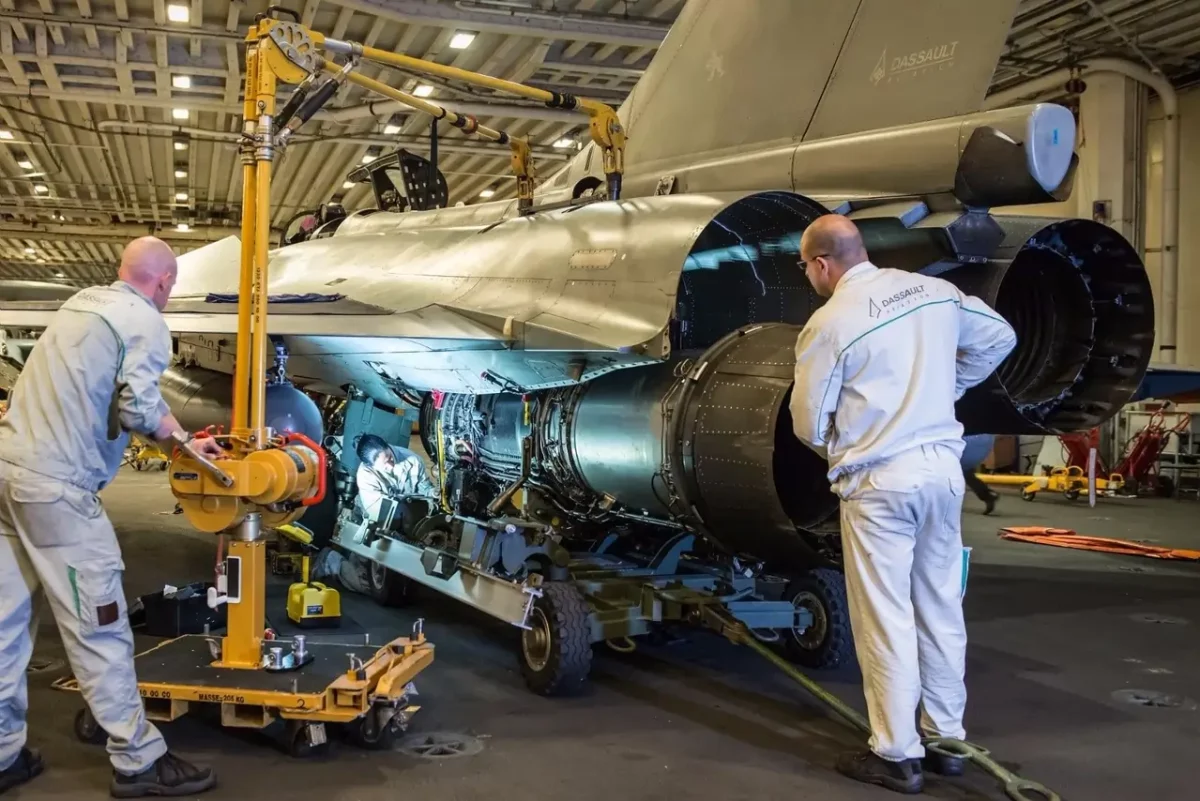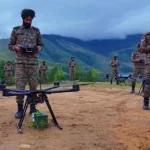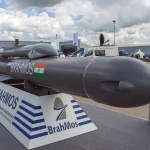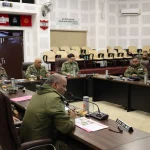In a significant step toward bolstering Rafale fleet maintenance and operational readiness, French defence major Thales will permanently station a company representative at the Indian Air Force’s Ambala Air Force Station — home to India’s first Rafale fighter squadron. The representative will oversee on-ground technical support, maintenance, and system diagnostics for the aircraft’s sophisticated avionics, radar, and electronic warfare systems.
The move comes under India’s Rafale sustainment and performance-based logistics (PBL) framework and marks Thales’ long-term commitment to ensuring uninterrupted mission availability of the Rafale fleet. The deployment will streamline repair and servicing cycles, facilitate faster troubleshooting, and improve spares management — all crucial for maintaining high sortie rates and combat readiness.
Thales supplies several mission-critical systems onboard the Rafale, including the RBE2 AESA radar, SPECTRA electronic warfare suite, and advanced communication and sensor packages. Its sustained presence at Ambala will enable real-time diagnostics and support, but it also reflects India’s continued dependence on French OEMs for avionics maintenance until local servicing capabilities mature through technology transfer and indigenous upgrades.
The decision also follows previous friction over the integration of Indian-developed systems — such as the Astra missile or local radar modules — onto the Rafale platform. France has maintained a guarded approach to modifying the aircraft’s restricted software architecture, citing export licence and certification issues.
From a broader perspective, Thales’ permanent presence at Ambala signals deepening Indo-French defence cooperation, while also underlining the strategic limitations of proprietary technology dependence. While India gains reliability, logistical assurance, and potential exposure to advanced sensor maintenance protocols, it also faces constraints on system autonomy and third-party integrations.
This development could, however, pave the way for Indian defence firms like BEL and DRDO to learn from Thales’ operational processes, aiding indigenous advancements for future aircraft such as the AMCA and Tejas Mk-2.
In essence, Thales’ deployment at Ambala represents a balancing act between operational assurance and technological sovereignty — strengthening India’s immediate air power capabilities while highlighting the need for long-term self-reliance in high-end avionics and radar technologies.













